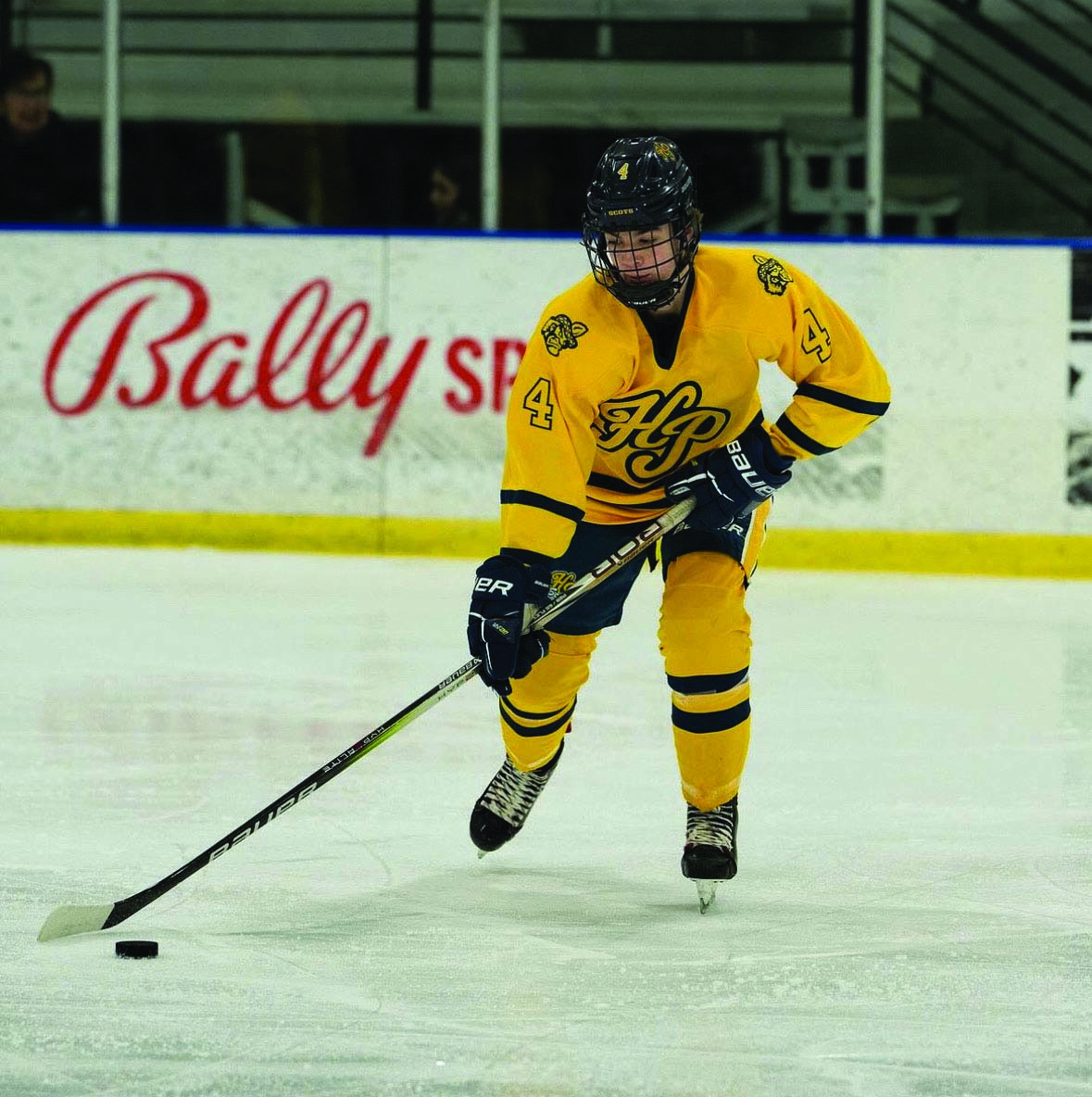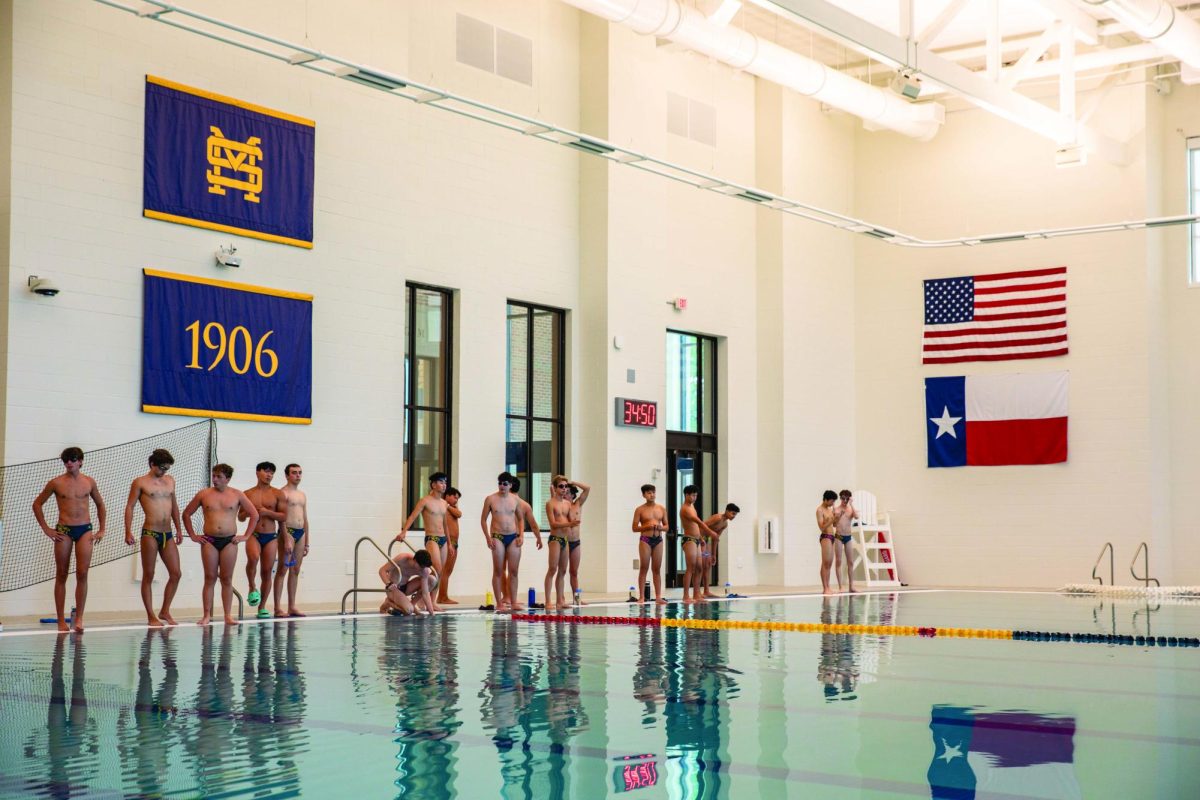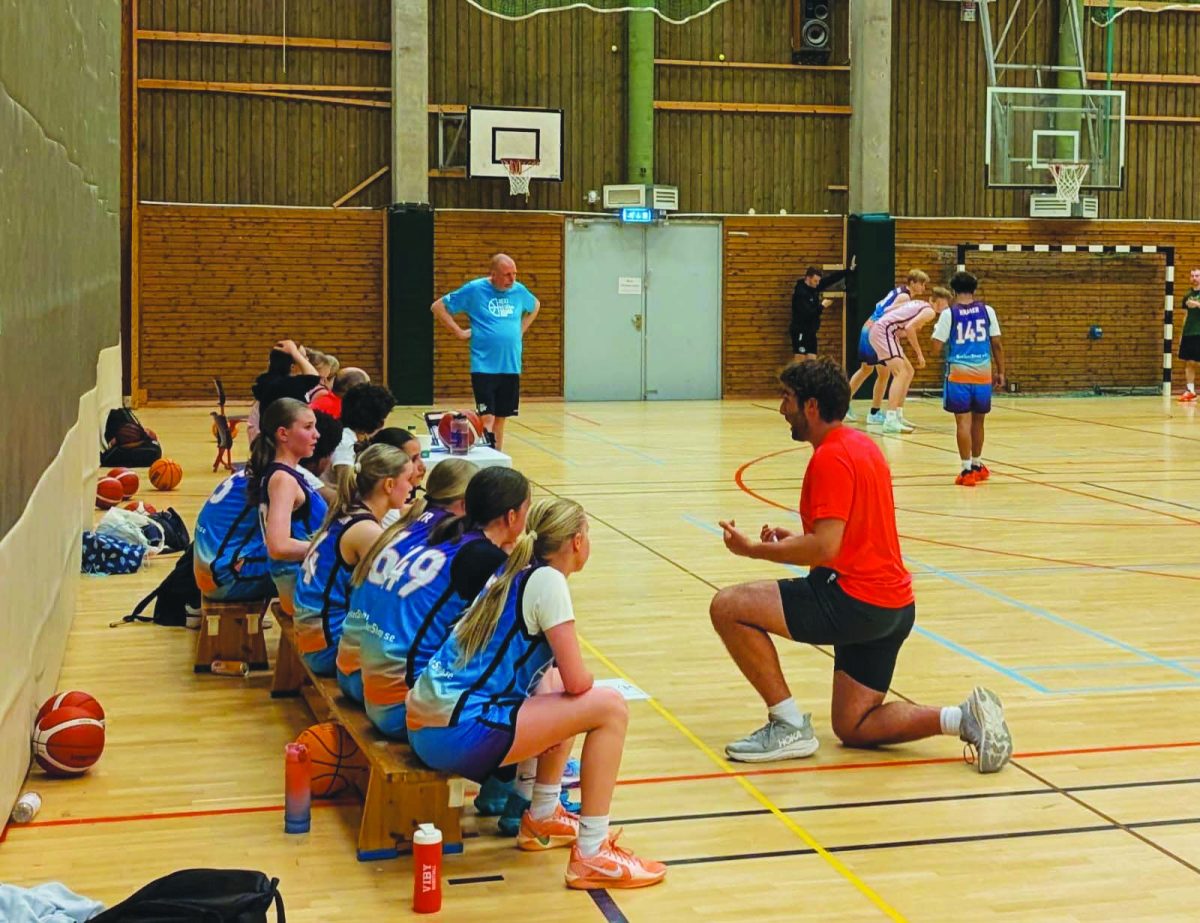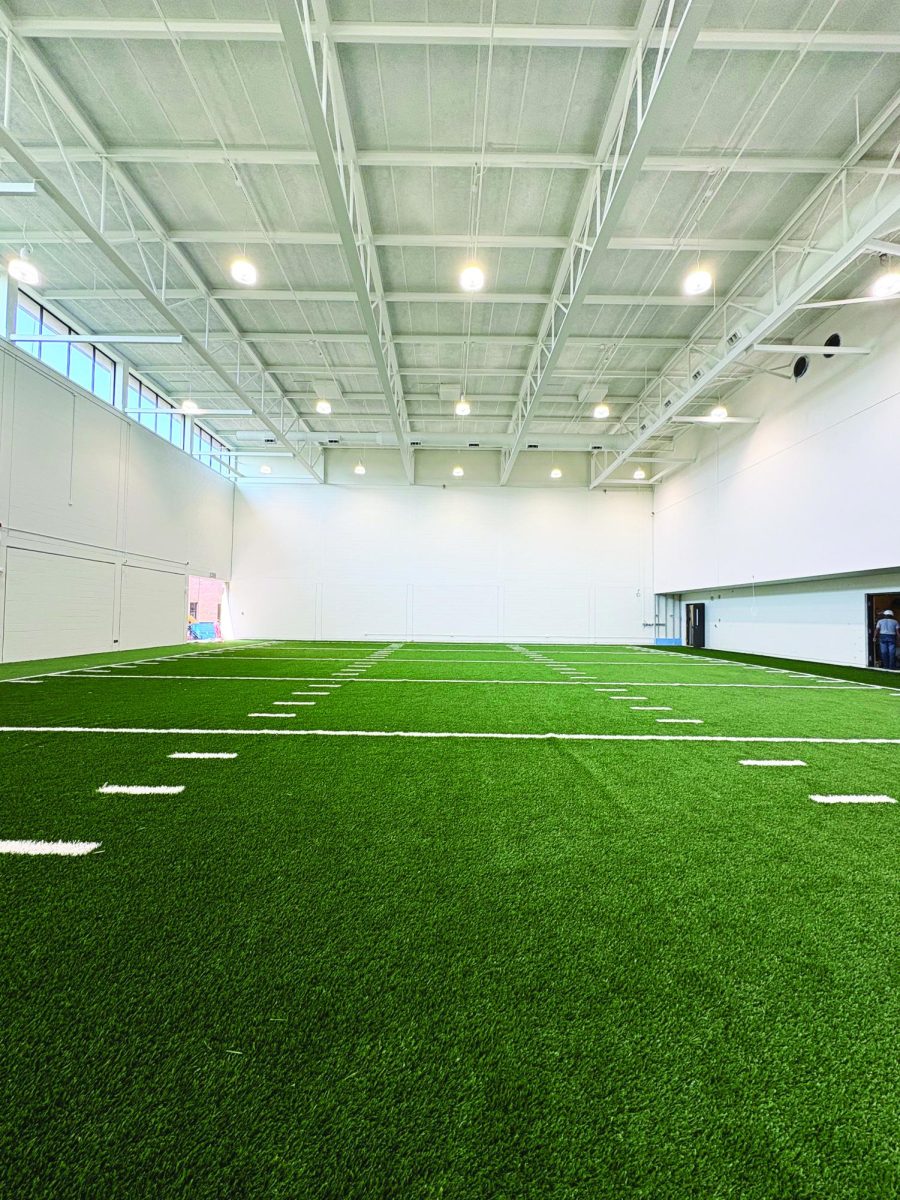Ice skates thud on the rubber floor of the Dallas Stars’ Little Rookies locker room.
Six-year-old Jackson Ostella takes off his helmet, oversized hockey jersey, and padded pants, winding down from the grueling task of learning how to ice skate. Waiting by the door with a smile, his dad picks Ostella and his younger brother up from practice.
Ostella only has one thing on his mind: hot chocolate.
Ever since his first Little Rookies practice, Ostella’s dad had gotten him and his brother the hot drink, one of Ostella’s fondest early memories of hockey. Now a senior in high school, hockey means something greater to Ostella than just learning to skate and getting hot chocolate.
The sport has given him memories of happiness.
Memories of community.
Memories of stress.
Memories of hurt.
Whether it be playing music in the locker room after a big win, getting criticized by his loud Ukrainian coach, or long practices every week, Ostella has been through it all.
With a dad from New Jersey who also plays hockey, the love for the game runs in the family. Despite residing in Texas where hockey is less popular, Ostella and his family still found avenues to pursue the sport at a competitive level.
“You’d be surprised about the level of Texas hockey. It’s pretty underrated,” Ostella said. “The Dallas Stars Elite [Hockey Club]…competes at the national level.”
Competitive Texas hockey has a unique structure: 8-10 travel teams, all with intricate levels differentiated by skill and age group. Travel teams start at 10 U and progress two years until 18 U. Each age group is separated by skill level: single A, double A, and triple A, with triple A being the most skillful.
Ostella started playing travel hockey for Hockey Club of Dallas’s 10 U team. He then moved to Texas Tigers based in Farmer’s Branch and then to Texas Warriors based in Richardson, all around the double A rank. As a natural athlete, Ostella began playing other sports in addition to hockey, including baseball, golf and skiing. During his seventh-grade year, Ostella began to feel the pressure of his rigorous athletic schedule.
“I was playing a sporting event like every single day of the week,” Ostella said. “There were a lot of conflicts where I had to miss one sport and go to another.”
Despite hockey being his favorite sport, the time consumption and harsh coaching made hockey feel more like a chore than a passion.
20 minutes to drive there. 20 minutes to get dressed. An hour of dry land conditioning off the ice. Another hour on the ice. 20 minutes to undress. 20 minutes to drive back and then shower.
Four-hours of practice.
Four practices a week. 20 games per season. Nine-month-long season. Traveling around eight times every year for tournaments.
Hockey wasn’t just a sport; it was becoming his life.
On the other hand, baseball had only a three month season that practiced at St. Mark’s.
This grueling schedule made Ostella’s life hard to handle. To add insult to injury, Ostella’s Ukrainian coach would repeatedly cuss and yell at him for missing practices. One thing that his coach said stuck with him:
WHaving to practice constantly while having his coach tell him he wasn’t good enough sent Ostella over his limit, deciding to quit travel hockey and focus more on baseball.
Hockey wasn’t over for Ostella though. He joined the Highland Park high school club team, a better alternative to his time-consuming travel team. Already friends with the players on the HP team, Ostella fit in easily to the new community.
From locker room conversations or the anticipation before a game to blasting celebratory music after a big win or going to eat as a team, the new team was a huge improvement over his last.
Each week became less stressful than the last. Two practices, not five. More time to deal with schoolwork and baseball.
Most importantly, he began having fun again.
“(The Ukrainian coach) made going to practices and games feel like a chore, versus now, I feel like it’s more fun,” Ostella said.
Despite not enduring the same nonstop training of hockey as before, he still feels capable of keeping up with his teammates at a high level. Regardless of his previous struggles with hockey, he believes that his experiences not only made him a better player, but a better person.
“There’s a lot of skills that go into hockey,” Ostella said. “You need to have strength. You need to have speed. You need to have good passing. You need to have good shooting. You need to have a good hockey IQ. You need to have good agility. Physicality. So there’s a lot of traits that you need to have to be a good hockey player.”
Categories:
Student grows in hockey journey
With both the good and the bad, hockey has given Ostella defining moments that shape who he is today.
September 26, 2025
Ostella skates with the puck for Highland Park.
More to Discover
About the Contributors
Sam Morse, Sports Editor
Nolan Driesse, Staff Writer








